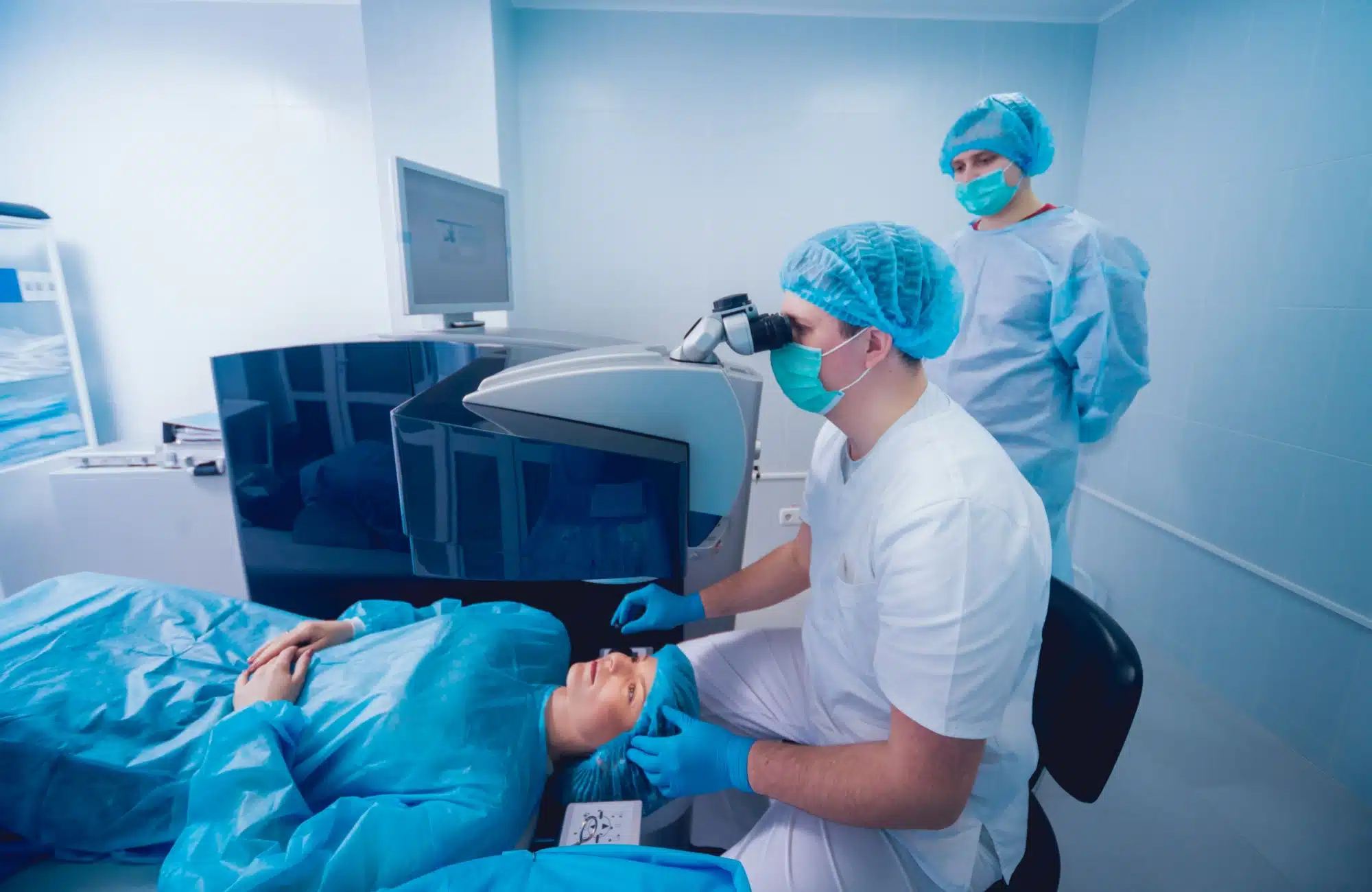The Laser-assisted In Situ Keratomileusis (LASIK) procedure is a sought-after and successful option for people who want to improve their eyesight. The procedure can improve your vision and also reduce dependence on contact lenses or glasses. A lot of patients discover that they no longer require contacts or glasses. Although LASIK is an easy procedure, it is important to prepare to ensure success. Here are seven actions you can take to ensure you’re prepared for your procedure.
Table of Contents
1. Schedule a Consultation
Before you begin LASIK it is important to research the procedure thoroughly. Learn about the potential advantages and the risks. A seasoned ophthalmologist as well as a LASIK surgeon will set up an appointment to assess your eligibility to undergo the procedure. During the consultation it is important to discuss your medical history as well as the state of your eye health. The doctor will perform an eye examination to determine whether the procedure is suitable for you. Furthermore, you can take this opportunity to ask any questions you may have or answer any concerns you may have regarding the procedure. The consultation is also an important opportunity to discuss the outcomes and expectations for the procedure, making sure that you are fully knowledge of the procedure.
2. Follow Pre-Operative Instructions
Your surgeon will give you specific instructions for the pre-operative procedure to maximize the outcomes of the procedure. These include the need to avoid contact lenses prior to the procedure since they may modify the form of corneas. Patients should also refrain from wearing eye makeup and lotions during the time of surgery. This will create the ideal surgical environment. If you follow these guidelines you lower the risk of complications.
It is also crucial to inform any medical or other health issues to your surgeon in the consultation before surgery. This will help the medical team to tailor the procedure according to your personal requirements and ensures that you’re in most optimal health for surgery like LASIK. Drinking enough water prior to surgery is recommended, since it could aid in better eye health and healing.
3. Arrange Transportation
LASIK is a non-invasive procedure that demands use of eye drops numbing. The drops can impair your vision for a short time. Patients are advised to organize transfer to the facility on the day before surgery. There’s no need to be concerned about getting around the roads as you adjust your vision. Many patients notice improvements in their vision immediately following procedure. Allow your eyes to adjust over the first postoperative phase.
It is also essential to follow the post-operative instructions that your surgeon will provide that may include using prescribed eye drops and staying away from things that can cause strain to your eyes. There is a tendency to experience irritation or dryness during the initial days following LASIK however, these signs usually disappear as your eyes recover.
In addition, keeping track of periodic appointments with your eye doctor is essential to track the process of healing and to address any issues that you may have. If you’re experiencing constant irritation, vision changes or any other unusual signs be sure to speak with your eye doctor immediately to seek advice and comfort.
4. Make a plan for time off from school or work
While LASIK can be completed in a short recovery, patients should plan some time off from working or other obligations. Your eyes require time to heal. The majority of people can return to work in two or three days. After the procedure it is advised to take a break from your eyes and stay away from vigorous activities for a brief time. The surgeon might prescribe drops for the eyes to aid in healing.
5. Create a Comfortable Recovery Space
A relaxing and comfortable home is vital to ensure a comfortable recovery from LASIK. It is essential to have a clean and quiet space where you can unwind with only very little exposure to bright lights. While recovering, you must be cautious about activities that cause strain to your eyes like looking at screens or reading. You might be tired and require more sleep during this time of recovery. A supportive environment will ensure the healing of your eyes in a timely manner.
Think about arranging important items in reach, including water, prescribed medication, or any other items that help you relax. By dimming the lighting and using curtains with blackout shades can create an atmosphere that is conducive to relaxation and less eye strain. It’s also recommended to have an established support system that is in place, for example someone from the family or friends who can help with everyday tasks during the first recovery period. By actively preparing your home will result in the most comfortable and relaxed recovery which allows the eyes to recover properly and providing a great LASIK experience.
6. Understand Post-Operative Care
Following your LASIK procedure, your ophthalmologist will provide you with detailed post-operative instructions to guide you through the healing process. The instructions could include a plan for the use of prescribed eye drops. Your doctor will inform you the best you should avoid doing to prevent eye strain and irritation. Also, you will be able to schedule regular follow-up appointments. Regular visits allow your surgeon to observe your improvement and address any concerns that might occur during the healing process.
7. Stay Informed About Potential Risks
While the procedure is generally an effective and safe procedure, each patient must be aware of the potential dangers. It is also important to have realistic expectations of your recovery. The most common side effects are dry eyes, light sensitivity and slight discomfort. These symptoms usually disappear within some months or days. It is important to discuss any concerns or queries with your eye surgeon to make sure you are aware of what you can expect during the healing period. Becoming aware and vigilant regarding your eye health can help ensure a successful surgery result.
Conclusion
The process of preparing for LASIK surgery begins with studying the procedure and establishing realistic expectations. Patients must adhere to the pre-operative procedures and plans for the post-operative recovery. It is possible to solicit help from family members and friends. Keep in mind that communication between you and the LASIK surgeon is essential throughout the procedure. By using these seven suggestions to help you increase the chances of having a successful LASIK outcome and reap the benefits of better vision.





